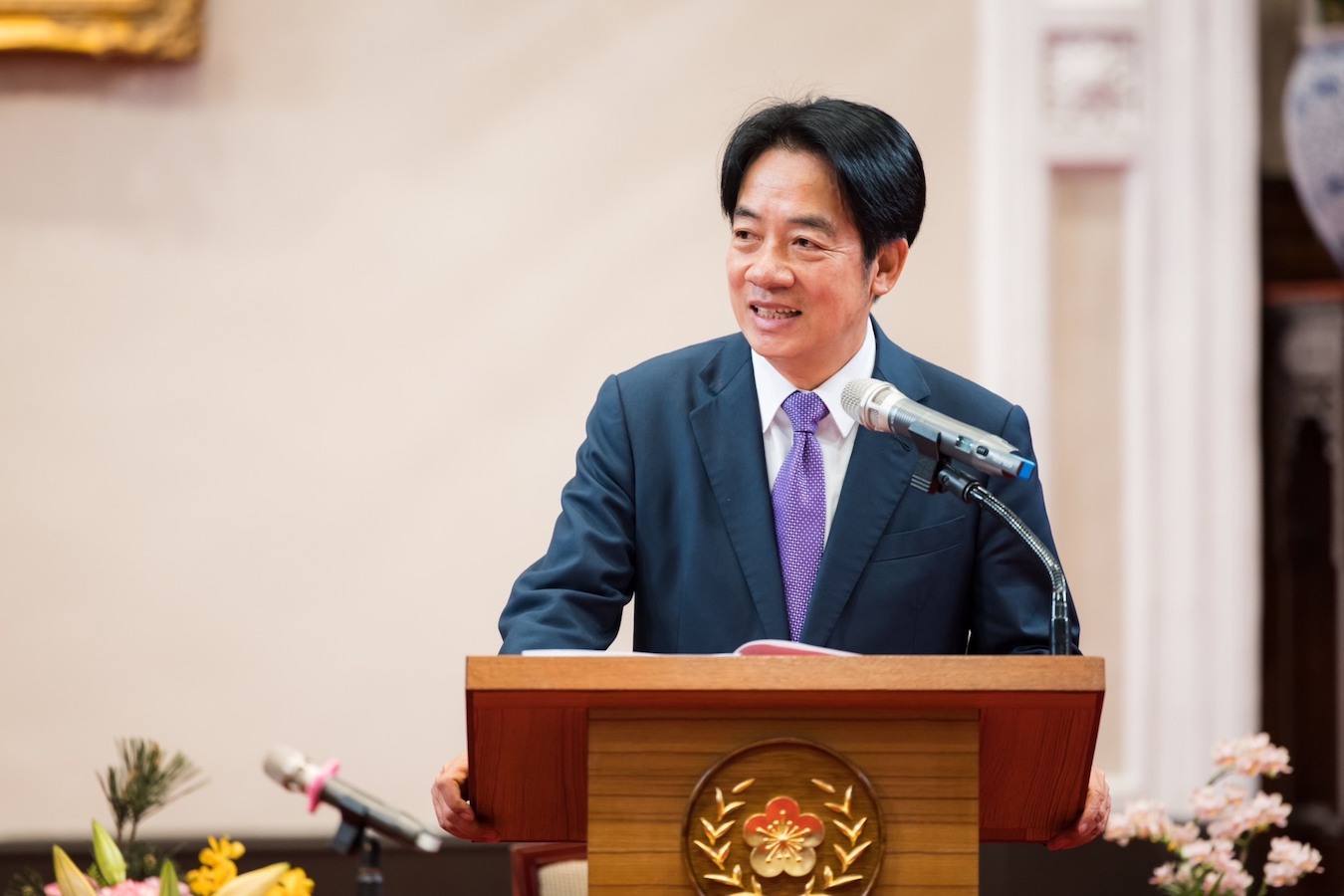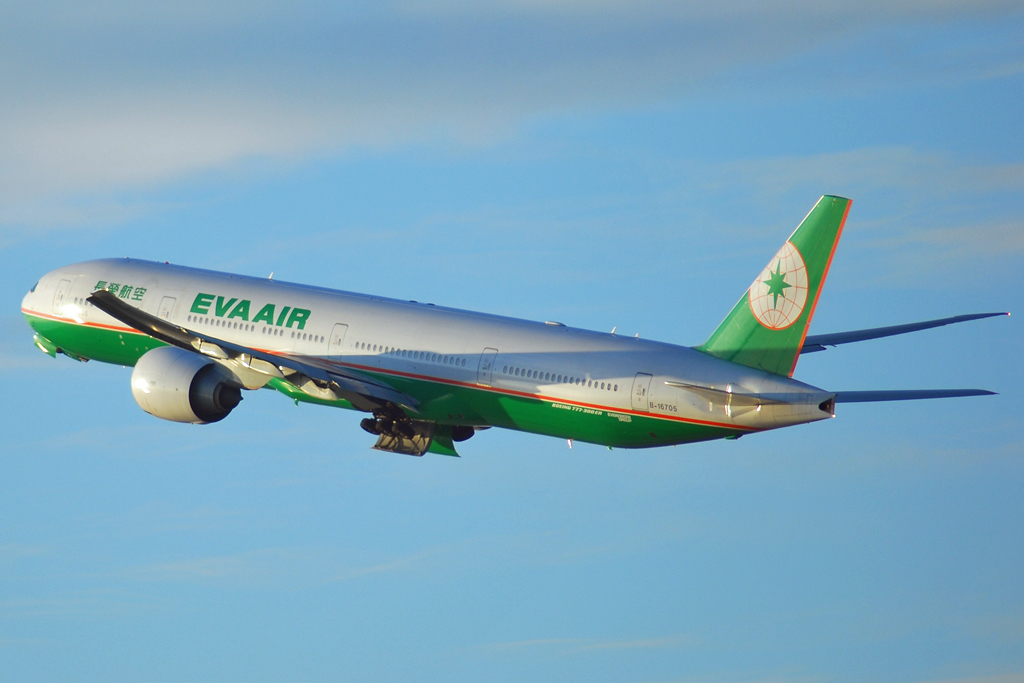by Brian Hioe
語言:
English
Photo Credit: Lexcie/WikiCommons/CC BY-SA 3.0
A NUMBER OF union groups demonstrated last week to call for inclusion in talks over the new incoming government’s labor policy. This included among Taiwan’s largest coalitions of organized labor groups. The demonstration was fronted by the Taiwan Confederation of Trade Unions, which protested alongside the Kaohsiung City Confederation of Trade Unions, National Federation of Teachers Unions, Taipei Federation of Trade Unions, and Taiwan Federation of Financial Unions.
Organized labor sought to make its stances clear ahead of the 2024 elections. In particular, groups such as Autumn Struggle called for an increase in wages. To be sure, in September, likely with its eye on the elections, the Tsai administration announced a hike in the minimum wage from the current 26,400 NT to 27,470 NT. This raised the minimum hourly salary from 176 NT to 184 NT.
The two major presidential candidates, Lai Ching-te of the DPP and Hou You-yi of the KMT, also promised to raise wages. Lai promises to raise wages by 4%, while Hou has promised to raise wages by 25%. It is unlikely that Hou would have raised wages by as high an amount as 25% if elected, however, as this would most likely result in pushback from industry groups.
 President-elect Lai Ching-te. Photo credit: Lai Ching-te/Facebook
President-elect Lai Ching-te. Photo credit: Lai Ching-te/Facebook
Yet both candidates made such promises ahead of the election to try and attract the labor vote. In turn, demonstrations such as the one organized by Autumn Struggle sought to apply pressure on candidates ahead of the elections. This perhaps points to the way in which non-electoral politics among social movements in Taiwan are still very much shaped by elections, in that unions appeal to and seek to pressure candidates. This, too, occurs with the Taiwan Confederation of Trade Unions and its demonstration after the election.
The fear from organized labor groups may be that the incoming Lai administration will seek to shut them out of discussion of labor policy. This has been an increasingly common refrain of corporate managements in recent times.
For example, the Taiwan Railways Administration (TRA) was recently reorganized into the Taiwan Railways Corporation (TRC), changing the Taiwan Railways from an agency of government to a state-owned enterprise. This was the unfortunate end to many years of protests from organized labor groups, who framed the corporatization of the Taiwan Railways as a de facto form of privatization. Even if the Ministry of Transportation and Communications justified the transition as improving safety, workers suggested that this would make rail safety worse rather than better, in stripping away worker protections after decades in which the Taiwan Railways had cut staff even as the average number of riders rose.
After the corporatization of the TRA, an external body came to the conclusion that the chair of the Taiwan Railway Labor Union should be excluded from meetings of the TRC’s safety committee. This, of course, is an absurd conclusion seeing that it is the workers themselves who are responsible for safety measures being implemented and carried out during rail travel and the union represents the interests and viewpoints of workers. Certainly, it is not as though the corporate management of the TRC would be those most aware of how safety measures are implemented during rail service.
 Photo credit: Eddie Maloney/WikiCommons/CC BY-SA 2.0
Photo credit: Eddie Maloney/WikiCommons/CC BY-SA 2.0
It is not surprising, however, that corporate groups would push back against union representation regarding labor policy. After all, corporate groups would prefer that unions are not represented at the table, so that they can more easily get their way and shrug off the wishes of workers. Indeed, corporate groups have taken a stance against calls for increasing the salary in recent years as well, claiming that the impact on the small-to-medium-sized enterprises which make up the backbone of the Taiwanese economy would be too severe shortly after the impact of the COVID-19 pandemic.
Yet this also often reflects the discourse about workers from the Taiwanese government. Workers are framed as merely one interest group among others, rather than making up the bulk of Taiwanese society or any society. One can see this with discourse about workers during the election season, in which discussion of labor policy was cursory at best, and framed labor along these lines.
Either way, it remains to be seen what tone the new administration takes on its relation to organized labor. For now, one sees continued attempts by managements to restrain the actions that labor unions can take. With EVA pilots moving toward a strike over the Lunar New Year holiday, one sees calls from management that transportation unions should be required to provide one month advance warning for strikes–never mind that blunts the ability for strikes to be an effective bargaining tool for workers. This argument regarding advance warnings for strikes has become increasingly common in past years. One expects to see further attempts to limit worker actions, drawing on public backlash against disruptions to convenience.

